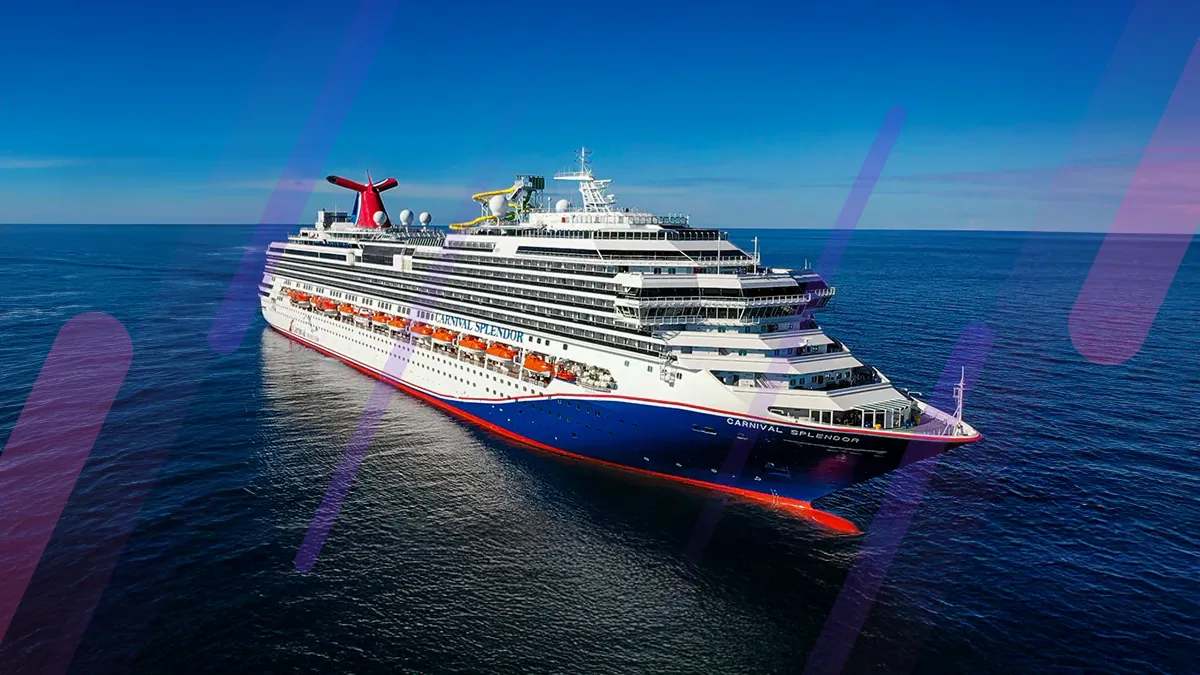Online Casino Revenue Surges while Atlantic City Casinos Continue to Trend Downward

1.0
Default
It's no surprise that Atlantic City's nine casinos revenue has plummeted once again, as it has been at a downward trend for months. According to the NJDGE, in-person casino revenue decreased by 8.5% last October. But on the other end of the spectrum, online casino revenue climbed up nearly 24% during the same period.
Atlantic City's nine casinos are grappling with significant financial headwinds, as the New Jersey Division of Gaming Enforcement released troubling revenue and profit figures this week. The DGE reported that in-person gaming revenue for October had dropped by 8.5% compared to the same month last year. This was followed by Friday's announcement that the gross operating profits for the third quarter of 2024 had also shrunk, signaling a challenging period for the region's gaming industry.
Revenue and profit declines
Net revenue for the nine casinos, which includes income from gaming, hotel accommodations, entertainment, and food & beverage, decreased by 2.5% year-over-year during the third quarter. Total revenue for the quarter was just over $925 million, reflecting reduced visitation and spending.
Paired with rising operational costs driven by inflation, this revenue decline resulted in gross operating profits tumbling by 13.8% to $236.6 million. Gross operating profits measure earnings before interest, taxes, depreciation, and other deductions, offering a clear view of the casinos' core profitability.
"Every casino was profitable in both the third quarter and year-to-date," stated James Plousis of the New Jersey Casino Control Commission. However, pressure from continuing high costs can be seen in lower profits compared to the same period last year.
Winners and losers in Q3
Despite the overall decline, two casinos bucked the trend and reported improved bottom lines. Hard Rock posted a 2.4% increase in operating profit, reaching $45.4 million, while Caesars recorded an 11.2% gain, reporting $23.5 million in profit. However, the remaining seven casinos experienced varying degrees of financial strain. Bally's profits fell 10.9%, while Golden Nugget took the hardest hit, with a staggering 43.8% decline in profits.
There were also fewer visitors to Atlantic City during the third quarter, and this further compounded the industry's struggles. The average hotel occupancy rate fell slightly to 84.1%, down 1.5% from Q3 2023. Simultaneously, the average nightly room rate decreased by nearly 8%, dropping from $218 in 2023 to $201 in 2024. Ocean Casino Resort had the highest average nightly rate at $336 while Golden Nugget offered the most affordable accommodations at $125 per night.
Challenges facing the industry
Atlantic City's casino operators face multiple challenges, ranging from regional competition and inflation to labor shortages and evolving consumer preferences in the post-pandemic era. These factors have strained profit margins in spite of relatively stable revenue streams.
While in-person gaming revenue for the first 10 months of 2024 fell 1.6% to $2.36 billion, online gaming revenue surged by nearly 24%, reaching $1.94 billion. Internet-based platforms contributed an additional $373.3 million compared to the same period in 2023.
Sports betting also continues to show robust growth, with New Jersey oddsmakers winning $912.8 million through October, a 14% year-over-year increase. However, much of the revenue from iGaming and sports betting is shared with third-party operators, such as FanDuel, DraftKings, Caesars Sportsbook, and BetMGM.
The difficult road ahead
Despite the third-quarter challenges, Atlantic City's casino industry continues to demonstrate resilience. For the third consecutive year, net revenue surpassed $2.5 billion in the first nine months of the calendar year.
However, operators know that they must navigate the rising costs of goods and services, heightened competition, and shifting consumer habits to maintain profitability in the years ahead. With online gaming and sports betting continuing to grow, these digital platforms may provide a lifeline for casinos, though their reliance on external partnerships could limit profit margins.

























